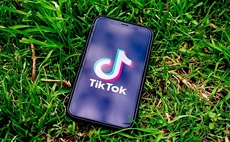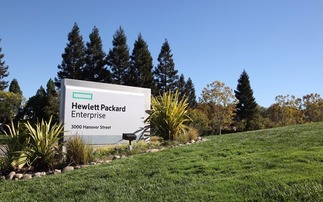TalkTalk slams CMA decision, stating that it was 'dangerous' that the deal had been looked at in isolation
The Competition and Markets Authority's (CMA) decision to approve BT's £12.5bn takeover of EE could see price increases of 25 per cent or more, according to BT rival TalkTalk. Last week, the CM...
To continue reading this article...
Join Computing
- Unlimited access to real-time news, analysis and opinion from the technology industry
- Receive important and breaking news in our daily newsletter
- Be the first to hear about our events and awards programmes
- Join live member only interviews with IT leaders at the ‘IT Lounge’; your chance to ask your burning tech questions and have them answered
- Access to the Computing Delta hub providing market intelligence and research
- Receive our members-only newsletter with exclusive opinion pieces from senior IT Leaders




















